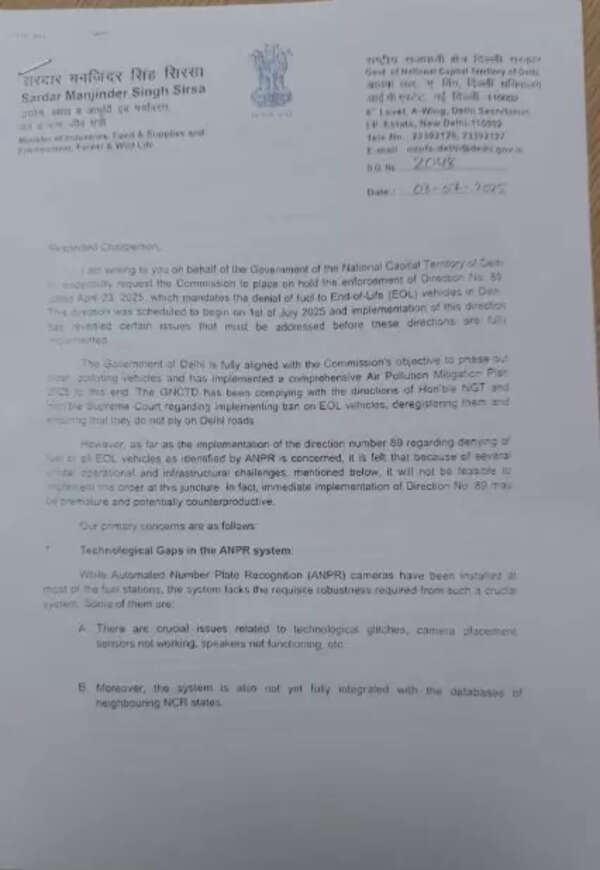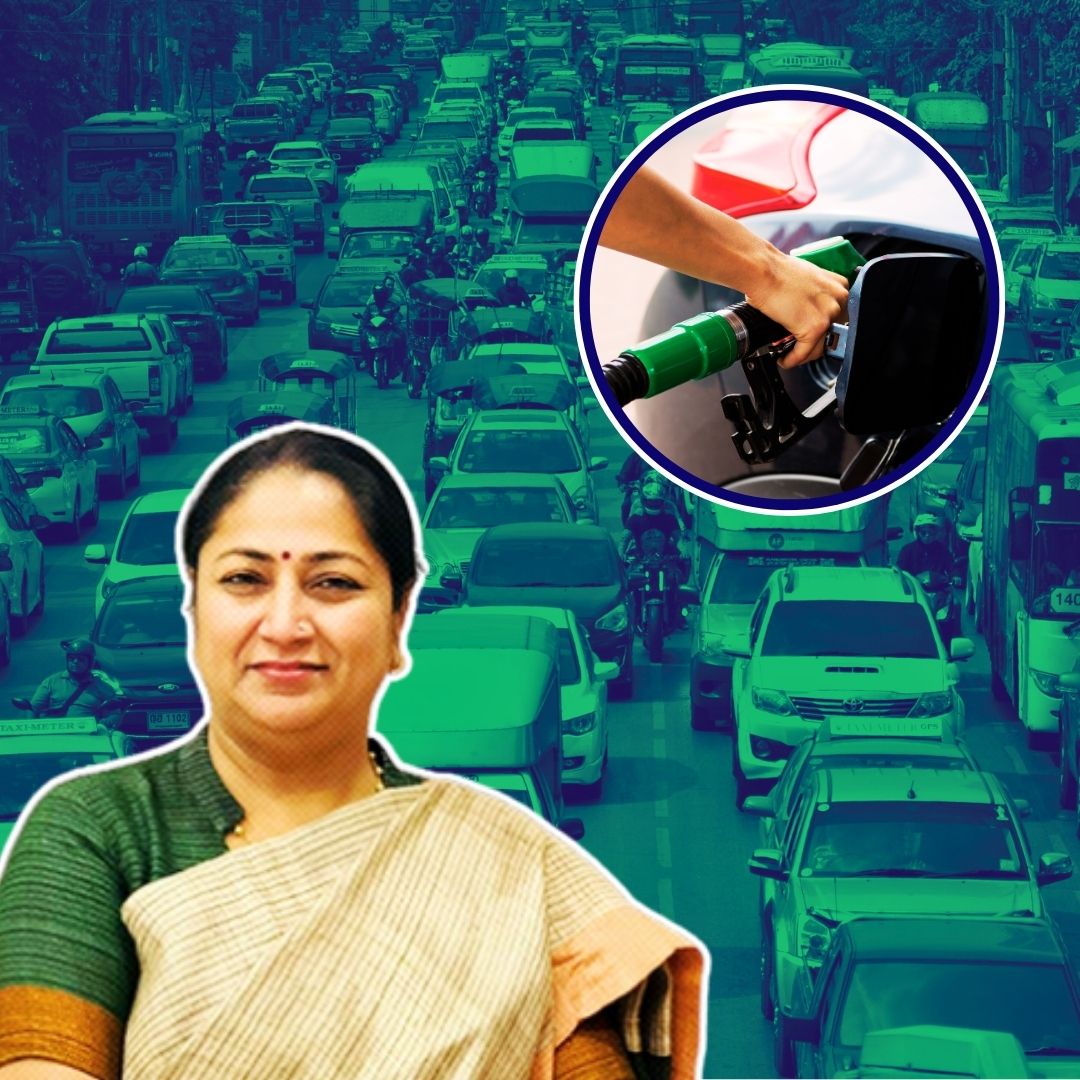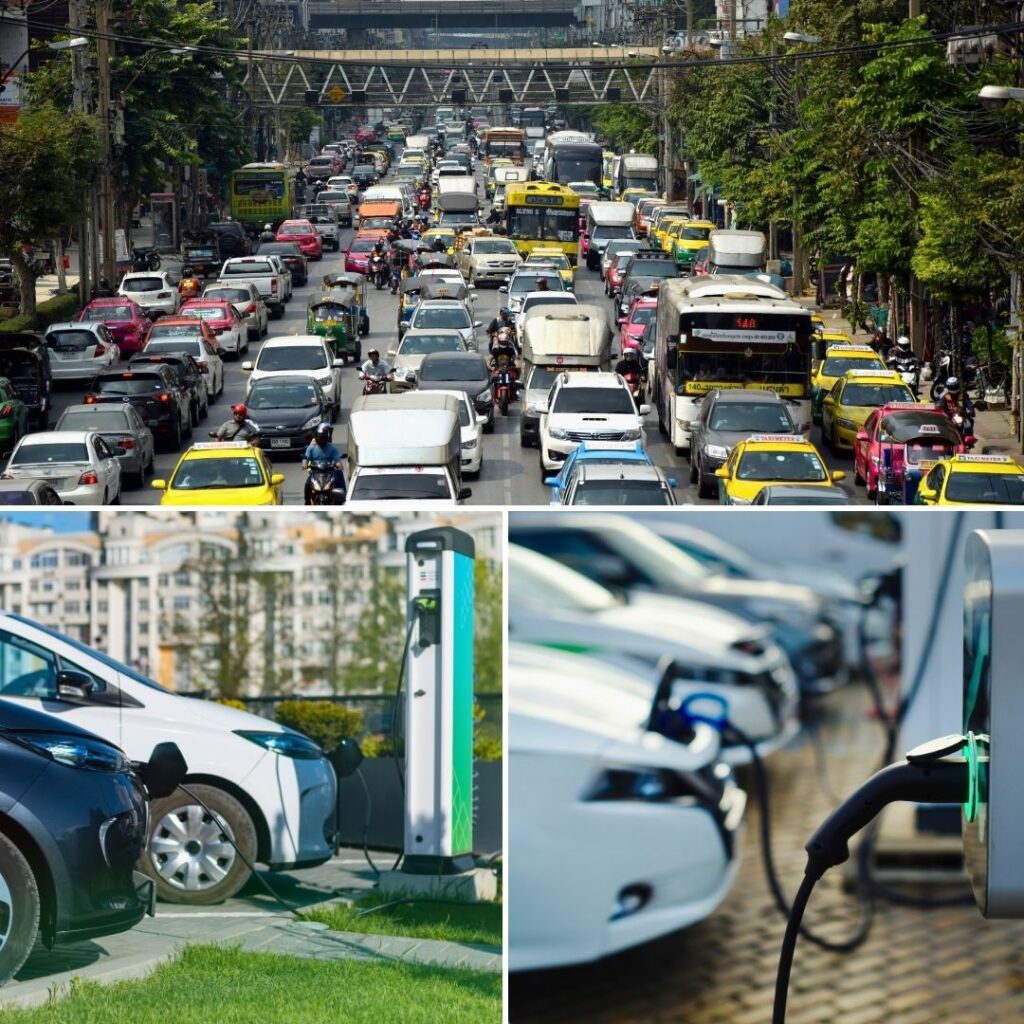The Delhi government has paused the enforcement of its controversial fuel ban on End-of-Life (EOL) vehicles—petrol vehicles older than 15 years and diesel vehicles older than 10 years—following widespread public backlash and practical challenges.
Environment Minister Manjinder Singh Sirsa has written to the Commission for Air Quality Management (CAQM), requesting a hold on the directive until the Automatic Number Plate Recognition (ANPR) system is fully integrated citywide. The move comes after only 80 vehicles were seized on the first day of the ban, and as stakeholders, including petrol pump operators and vehicle owners, raise concerns over fairness and feasibility.
Fuel Ban Sparks Outrage and Implementation Hurdles
The policy, which took effect on July 1, was enforced at over 350 petrol stations using ANPR cameras to identify and deny fuel to EOL vehicles. The Delhi Transport Department, with police support, oversaw the rollout, but petrol dealers argued they were being forced to act as enforcers without legal authority and risked penalties for non-compliance.

Public criticism has focused on the inconsistency of paying 15 years’ road tax for vehicles scrapped after 10 years and the lack of similar rules in neighbouring NCR cities, which will only implement the ban from November 2025. BJP MP Parvesh Verma and others have called for a pollution-based, not age-based, approach to vehicle bans.
Background: Pollution Control, Public Pushback, and Policy Review
Delhi’s air pollution crisis prompted the CAQM to issue Direction No. 89, mandating the fuel ban as a measure to phase out nearly 62 lakh EOL vehicles in the city. However, critics argue the policy unfairly targets well-maintained vehicles and fails to address larger pollution sources or provide adequate public transport alternatives.
The ANPR system, installed at 498 fuel stations and key bus terminals, flagged over 1.36 lakh EOL vehicles in June, but the low number of impoundments highlights both public resistance and enforcement challenges6. The Delhi government is now expected to meet with CAQM to discuss a more practical and inclusive policy framework.
The Logical Indian’s Perspective
Delhi’s temporary pause on the fuel ban for old vehicles underscores the need for environmental action that is both effective and equitable. While tackling vehicular emissions is vital for public health, policies must consider the realities faced by ordinary citizens—especially when enforcement mechanisms and public infrastructure are still evolving.











